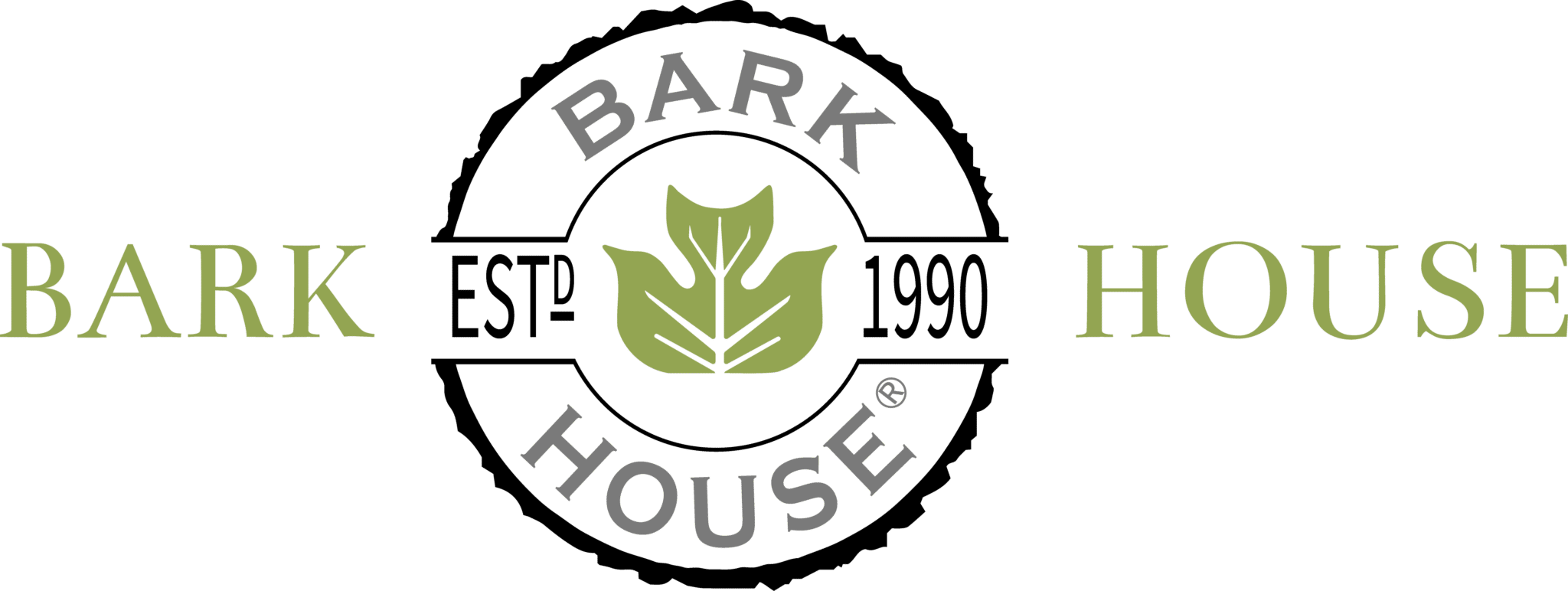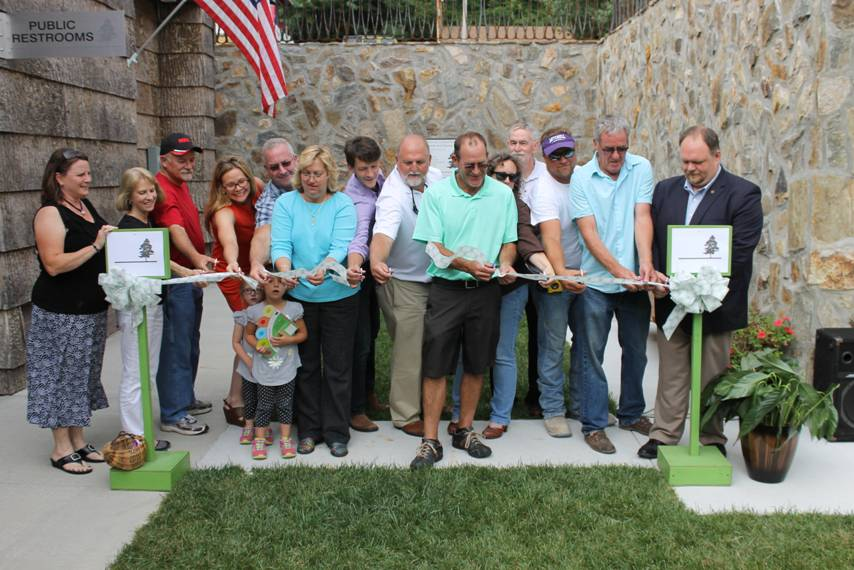PATAGONIA – A Company Poised For Success
part 1 of 2
This September, Vincent Stanley the Chief Philosophy Officer of PATAGONIA and nephew of Founder Yvon Chouinard, will do presentations with various public and private groups in Asheville, North Carolina. Vincent and Yvon have worked together since the original equipment company in 1973 that eventually became the outdoor sport clothing retailer we know today. The two co-authored The Responsible Company and as the long-time Chief Storyteller for the company, Vincent is a reason we all love to actually read the catalogue.
Vincent’s visit will be kicked off by a meeting with area Certified B Corps and companies actively pursuing this certification. One goal for his visit to this area is to raise the awareness of companies that are serious about doing social and environmental good. I am a part of a 5-person B-Corp team chosen to coordinate this event. The individuals in our group have been involved in proliferating these ideals in the high country region of WNC in various ways for many years.
 B Corps are certified by the nonprofit B Lab to meet rigorous standards of social and environmental performance, accountability, and transparency. Today, there is a growing community of more than 1,000 Certified B Corps from 33 countries and over 60 industries working together toward 1 unifying goal: to redefine success in business. Patagonia is a founding B Corp (2007). The Bark House at Highland Craftsmen Inc has been a B Corp since 2008, and is also a “Best for the World” awarded company.
B Corps are certified by the nonprofit B Lab to meet rigorous standards of social and environmental performance, accountability, and transparency. Today, there is a growing community of more than 1,000 Certified B Corps from 33 countries and over 60 industries working together toward 1 unifying goal: to redefine success in business. Patagonia is a founding B Corp (2007). The Bark House at Highland Craftsmen Inc has been a B Corp since 2008, and is also a “Best for the World” awarded company.
I was introduced to B Corp while pursuing a Cradle to Cradle Certification. This was in 2007 and we were pushing the limits of the certification, shooting for the first Platinum designation. C2C was using an ISO standard to measure the Social Equity Performance of companies in the US. I voiced my concerns that while the standard may work in other countries, the level of basic social engagement in the US called for a higher degree of measurement. Soon thereafter, I was asked to evaluate the validity of B Corp and its capacities for my own C2C Certification.
To digress just a moment, I chose C2C as the measurement system I wanted our company held to because of its rigorous standards and because it was the most wholistic system of measurement I had found in the entire strata of possible certifications in sustainability. It measured energy and water inputs, material health and safety, end of life reclamation and social equity. I felt their tool had teeth and if we were going to subject our company to a new process and the associated costs, I wanted it to be of the highest possible standard. When I reviewed the measurement tool of B Corp, I felt the same way and gave full support to the C2C team to adopt the (then relatively new) B Corp measurement tool.
For anyone new to the idea that businesses can do good (socially and environmentally) while doing well (economically), this is not a new nor is it a frivolous concept. Financial leaders in North Carolina such as the Founder and President of the Cherokee Group, Tom Darden recently restated his long held belief in the concept: “I am a businessman and I believe business is usually the most effective means for achieving social or environmental reform.” – from Investing in Innovation for the Common Good
As a business woman, I believe that we would not thrive without holding ourselves to the highest social and environmental standards, while maintaining our bottom line. When you are a small business operating IN a tight knit community, you have to do good by the people and the environment to survive economically. We are accountable to the certifications’ standards of measurement, we are accountable to the people IN our community that see our actions every day and most importantly, we are accountable to our own measure to be the best we can be.
I applaud Vincent for taking the time to tour small cities and open up dialogue. We intend for our meeting to be a two way process.
I have the following questions for Vincent while he is here:
- You have said that you could not have made the mistakes in business today that you made in the past, and continue to afford to operate. What makes this time tougher for businesses and how do we nurture an environment that is more forgiving to good business?
- How does Patagonia and how can we, as individual businesses, drive media attention to small businesses that are having large scale positive social and environmental impacts in their communities (which will ultimately improve their financial bottom line)?
- What are three keys to successful marketing?
What questions would you ask? This will be a part of an ongoing blog stream.
Not Business as Usual is a provocative look at capitalism and its unintended price of success. The film tracks the changing landscape of business with the rising tide of conscious capitalism through the stories of local entrepreneurs who have found innovative ways to bring humanity back into business.
Click here to view this on its original site
_______________________________________
If you liked this post, you can stay up to date by signing up for our monthly newsletter in the box at the bottom of this page or share it with others using the buttons below
_______________________________________

